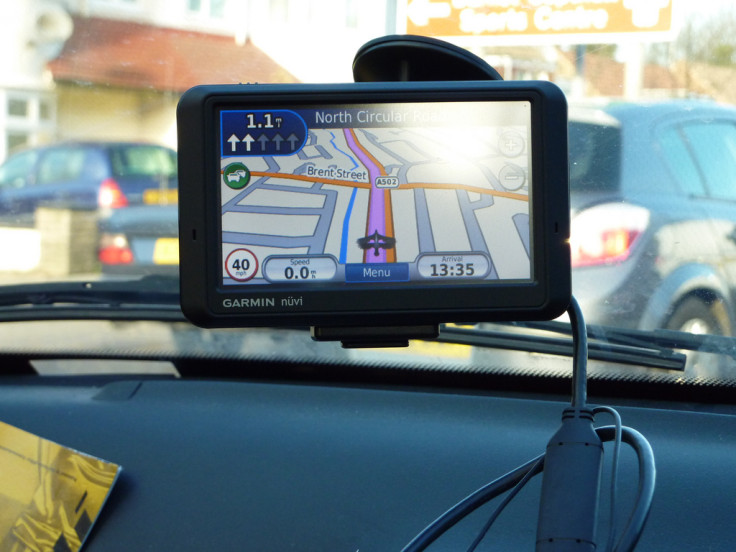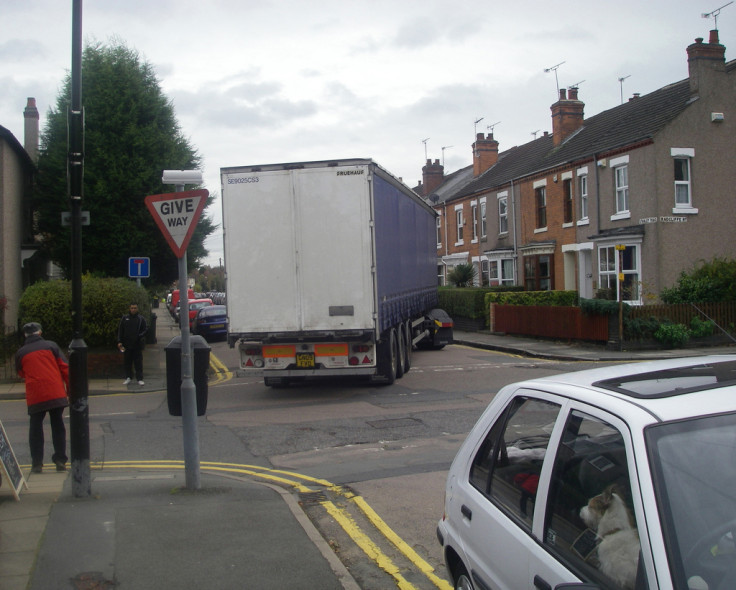Sat nav users risk losing natural sense of direction: Navigation a 'use-it-or-lose-it' skill

Our reliance on satellite navigation systems on smartphones and other devices is ruining our natural sense of direction. Roger McKinlay, former president of The Royal Institute of Navigation says human navigation is a "use-it-or-lose-it" skill, and we should not rely on satellite computing.
McKinlay describes the risk of using sat nav's in a comment piece for Nature: "The days of being lost should be over," he said. "Access to satellite navigation is ubiquitous, and 80% of the adult population worldwide is likely to own a smartphone by 2020."
Humans have an excellent natural ability for navigation. In 2014, the Nobel Prize for physiology was awarded to UK researchers Prof John O'Keefe, May-Britt Moser and Edvard Moser for the discovery of our 'internal GPS' – essentially, how the brain knows where we are, navigating us from one place to another.
McKinlay says we should make use of this skill more often as it can be harnessed and built upon, or lost. "Drivers in a simulator, who follow satellite-navigation instructions, find it more difficult to work out where they have been than those who use maps. Instructed drivers also fail to notice that they have been led past the same point twice," he said.
In comparison, London taxi drivers, who have to learn the layout of the streets of the city (the Knowledge) off by heart, have been found to have an increased hippocampus (the region of the brain involved in navigation).
Along with losing our innate sense of direction, he also warns the technology involved in navigation is substandard. Signals are weak and do not work indoors. Furthermore, problems can arise because computers have no 'common sense'. There are numerous news reports of drivers going into rivers while following sat navs. In one fatal case, a Spanish man was killed after he followed a sat nav into La Serena, Spain's biggest reservoir.
"Although a computer programme can find the shortest or fastest path through a database of roads, in reality, time of day, level of traffic and personal preference also play a part," he said.

McKinlay says that we have to break two "bad habits" for satellite navigation systems to become effective. First, the technology will require billions of dollars in terrestrial infrastructure for sat nav's to become effective.
Secondly, he says human drivers should be recorded on their choice of route, and this route should be integrated with GPS systems. That way, user preference is linked to computational choice.
McKinlay also says that schools should educate children to read maps and navigate without smart technology. Humans are naturally good navigators, but "if we do not cherish them, our natural navigational abilities will deteriorate as we rely ever more on smart devices."
"Do you really want to encourage people to a point where, when it disappears, or when the battery goes flat, they are in total shock and can do nothing? Technology isn't magic – it is just a tool."
© Copyright IBTimes 2025. All rights reserved.






















